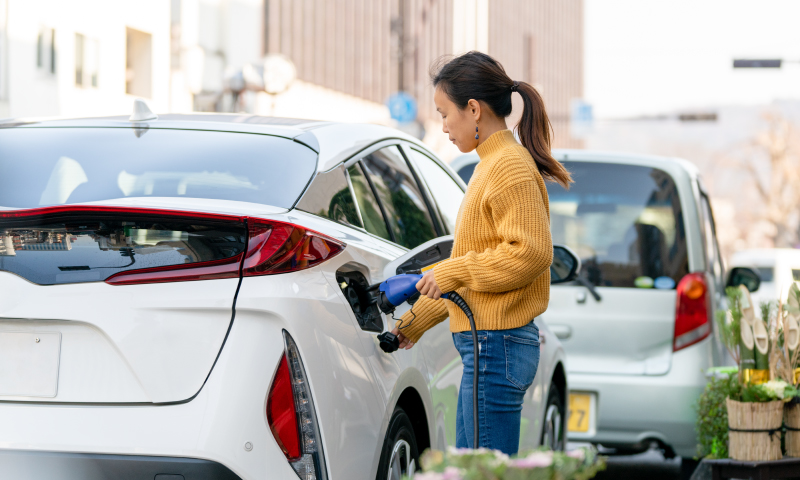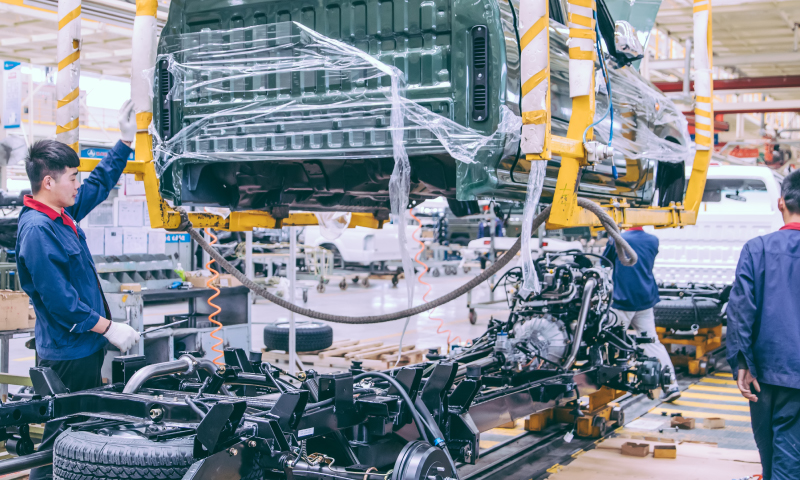01 April 2022
The expected decline in UK car production for February reflects the ongoing issues surrounding the supply of materials and components, surging inflation and workforce pressures. This has been further exacerbated by the Russia-Ukraine crisis, with the global manufacturing industry facing new challenges as the price of key components and commodities soar, such as nickel, which is crucial to developing batteries for electric vehicles (EVs).
EV infrastructure plan is welcome – but where is the national implementation strategy?
As commodity prices rise, alongside other costs, this can only be expected to drive the price of electric vehicles higher, pushing them yet further from the reach of regular consumers. With the pace of fuel prices of increasing, the Spring Statement might have been a prime time to enable drivers to move to a more sustainable and environmentally friendly mode of transport.
However, while the Chancellor announced an immediate fuel duty tax cut, there was no national strategy relating to charging infrastructure to encourage consumers and manufacturers to fully commit to going electric and no additional tax incentives either. Instead, the Department for Transport has revealed its EV Infrastructure Plan to advance the rollout of public charging points that includes a £450m fund that local authorities can use to expand charging infrastructure within their regions. Because of the dramatic increase in new EV registrations over the past 12 months, the ratio of charging points to number of EVs on our roads has been cut in half over the past year. Leaving local authorities to develop their own individual schemes could be risky given the national significance of this charging infrastructure roll out. Councils are likely to site chargers in areas of high utilisation such as town centres and supermarket car parks but this will do little for those that cannot afford to live in urban zones, or who have limited or no access to off-road charging at home. For those on lower wages, there still appears to be little incentive being provided by Government to make the switch. Are we in danger of EVs remaining only for those that can afford them?
The sector now has to contend with soaring commodity prices and an inflationary environment which will put the brakes on consumer spending as the cost of living crisis kicks in. Many will feel that without a national EV charger implementation plan and further tax incentives that would benefit lower earners, it will become increasingly difficult for automotive manufacturers and consumers to fully commit to investing in the economically and environmentally sustainable cars of the future.








